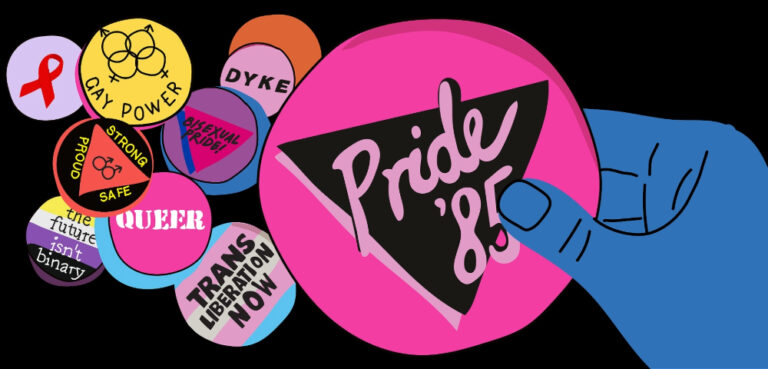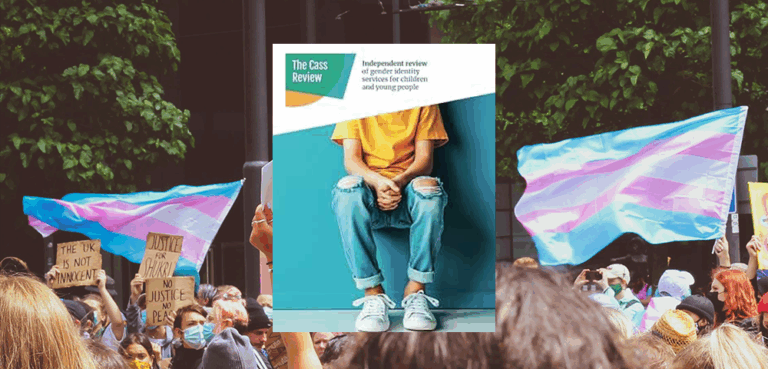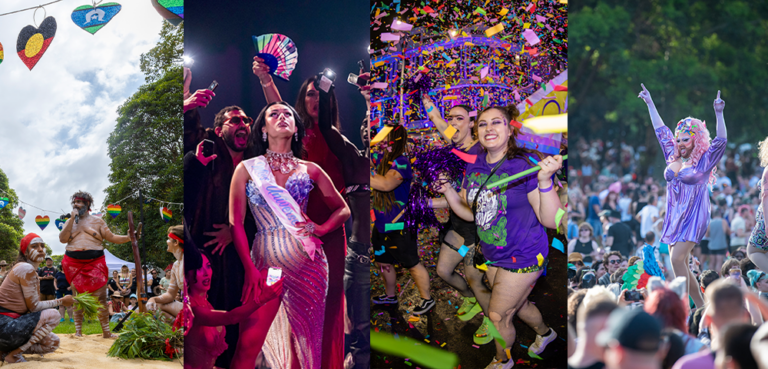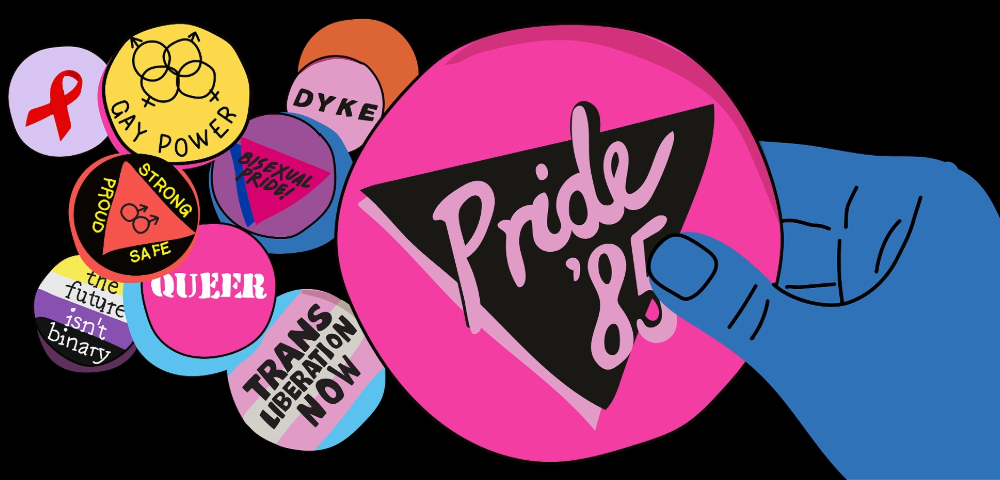
National Survey Says 1 in 10 Australian Teenagers Identify as Sexually Diverse

A national survey shows that more than one in 10 Australian teenagers identify as gay, pansexual, bisexual or asexual.
According to The Guardian, a group of researchers surveyed over 6,000 students in year 8 between 2019 and 2021.
Their findings showed that 12% of the surveyed teenagers identified as diverse sexualities, while 3.3% identified as gender diverse.
Schools in “urgent need’ of support services for LGBTQI+ Australian teenagers
The study’s authors deduced an “urgent need” for increased support services needed across schools and healthcare settings in order to prevent the increased risk of discrimination and violence against LGBTQI+ youth.
Author calls for better health policies to foster inclusive environment
The study’s lead author and senior researcher at the University of Sydney, Dr. Jennifer Marino, said that health policies and support systems must be put in place to foster a more inclusive environment for LGBTQI+ youth, particularly those who identify as having diverse gender identities or sexual identities at a young age.
“School and health settings particularly need to be safe spaces for very young adolescents.” said Dr. Marino.
Transgender and non binary teens were found twice as likely to report having a mental health diagnosis or a disability.
More research needed to support mental health of LGBTQI+ Australian teenagers
According to The Guardian, Dr. Marino said that the findings suggested more research was needed to support Australian teenagers who are LGBTQI+.
“We have long known that both sexuality- and gender-diverse … older adolescents and adults have increased risk of various mental health issues relative to their cisgender, heterosexual peers.
“The evidence all points to minority stress as being the principal driver of that – discrimination and stigma that affect health and social standing.
“I don’t have any reason to think that younger adolescents would be any less vulnerable than their older peers.”
Last year’s National Study of Mental Health and Wellbeing showed that nearly 59% of people who did not identify as heterosexual lived with a mental health condition, as opposed to the 19% of heterosexual people.
Study finds that contemplating gender identity now starts from adolescence
In the latest study, it was found that more teens identified as gender diverse in comparison to the previous year’s research in both New Zealand and the United States.
Marino suggested that there is “an association between being younger and identifying as gender diverse” after surveying a younger demographic compared to last year’s research.
Previous research hints that “most children have a firmer understanding of their gender at a very young age” showing that “regardless of romantic interaction, identity is something that is pondered early in adolescence.
Studies ‘needed more than ever’ to establish LGBTQI+ healthcare
Although not involved in research, a senior lecturer in health promotion at Curtin University, Dr. Jonathan Hallet said these studies are important in establishing necessary healthcare for LGBTQIA+ communities.
“There remain significant health disparities affecting LGBTQIA+ people across a broad range of health outcomes and this has been linked to experiences of discrimination, stigma, and exclusion,” said Hallet.
The study was published and available to read in Jama Network Open.










